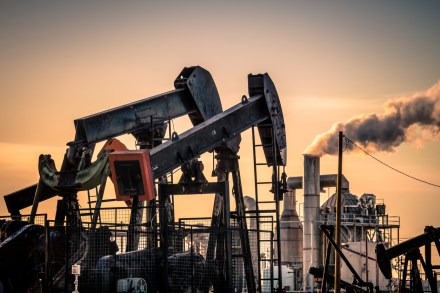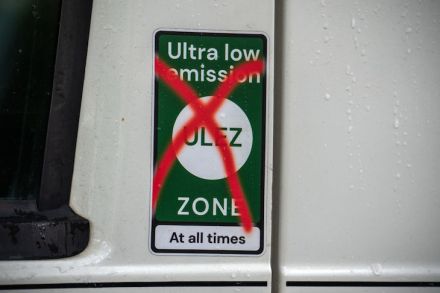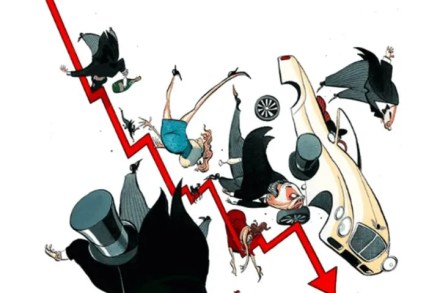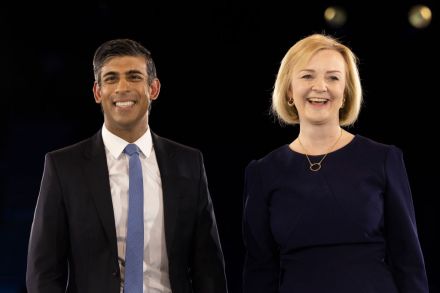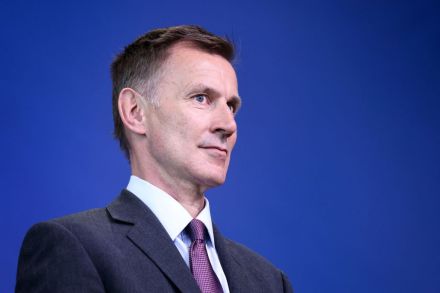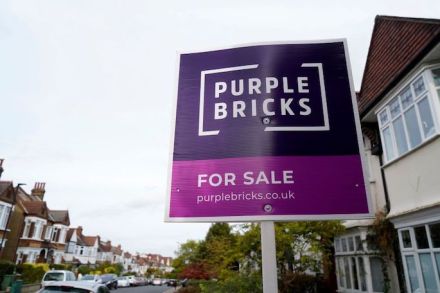The triumph of oil
If you want a laugh, I recommend an article which appeared in the March 1998 issue of Scientific American, ‘The End of Cheap Oil’. In it, oil geologists Colin J Campbell and Jean H Laherrere used terribly clever models to tell us that global oil production would peak around 2004-05, after which we would be trying to rely on an ever-dwindling, ever more expensive supply of oil, with huge consequences for the global economy. Campbell was so sure of his thesis that three years later he formed the Association for the Study of Peak Oil, coining a new term which would be thrown about over the next couple of decades.
